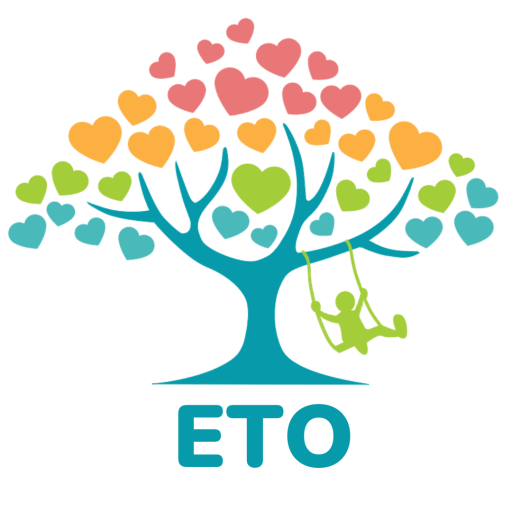In everyday life, attention plays a critical role forming the basis of our experiences and consciousness. We are always fixing our attention on something, and to complete a task successfully, we must be able to focus and concentrate our mental resources, including shutting out distractions! Attention is a key part of our Cognitive Development – a topic we are exploring here at Educational Toys Online throughout June.
Education relies heavily on being able to guide, direct and maintain a child’s attention on specific content. This means that attention is a very handy skill to have when entering formal schooling. As children progress into adolescence, a key part of their cognitive development includes growth in attention span, an enhanced ability to regulate attention and the development of strategies to resist distraction.
However, some children display difficulty paying attention and controlling their behaviour…
Attention-Deficit/Hyperactivity Disorder (ADHD)
ADHD is the most common neurological condition in childhood and can lead to deficits in cognitive functioning and behavioural difficulties. The Australian household survey, Young Minds Matter, conducted over 2013-2014 explored the mental health and wellbeing of children and young people aged 4 – 17. The results indicated a 7% prevalence of ADHD among children and adolescents in Australia, with a higher prevalence among males than females.
ADHD generally emerges around preschool or the early years of primary school, and persists into adulthood. It is characterised by a persistent pattern of inattention and/or hyperactivity-impulsivity that interferes with a child’s functioning and/or development. Inattention may look like wandering off-task, staring blankly out the window or having difficulty sustaining focus. Hyperactivity may look like excessive motor activity at inappropriate times, or excessive fidgeting etc.
The most common type of ADHD includes both inattention and hyperactivity. However, some kids (a) only have difficulty paying attention or (b) only have difficulty maintaining an appropriate level of activity. The terms can be confusing, but this is what the labels break down to:
- ADHD, Predominantly Inattentive Presentation. Also known as Attention-Deficit Disorder (ADD).
- ADHD, Predominantly Hyperactive-Impulsive Presentation.
Supporting ADHD through Play
Promising findings regarding play-based interventions to improve cognitive functioning and behavioural issues among kids with ADHD have recently emerged.
Researchers looking at pre-schoolers found types of play requiring:
- Inhibitory control (e.g. Simon Says)
- Working memory (e.g. memory card game)
- Attention/tracking (e.g. card and board games where you need to anticipate outcomes)
- Visuospatial abilities (e.g. puzzles) and;
- Motor coordination (e.g. ball games)
were related to reduced severity of ADHD symptoms by parents and teachers.
ADHD can lead to long-lasting interpersonal difficulties as a result of some of the behavioural issues associated with the condition, such as acting on impulse without thinking of other’s or without looking at consequences. This can sometimes lead to kids with ADHD struggling to make friends. Child psychologists have highlighted how important it is to engage in play in a social context and in types of play designers to build social skills such as turn-taking, compromise, and perspective taking – pretend play is ideal!
References
Halperin, J. M., Marks, D. J., Bedard, A. V., Chacko, A., Curchack, J. T., Yoon, C. A., & Healey, D. M. (2013). Training executive, attention, and motor skills: A proof-of-concept study in preschool children with ADHD. Journal of Attention Disorders, 17(8), 711-721. doi:10.1177/1087054711435681
Lawrence D, Johnson S, Hafekost J, Boterhoven De Haan K, Sawyer M, Ainley J, Zubrick SR 2015. The Mental Health of Children and Adolescents. Report on the second Australian Child and Adolescent Survey of Mental Health and Wellbeing. Canberra: Department of Health.
O'Neill, S., Rajendran, K., & Halperin, J. M. (2012). More than child's play: The potential benefits of play-based interventions for young children with ADHD. Expert Review of Neurotherapeutics, 12(10), 1165-1167. doi:10.1586/ern.12.106

